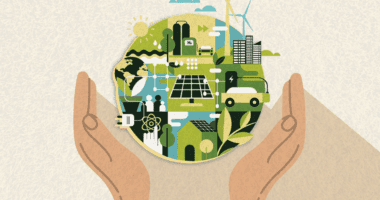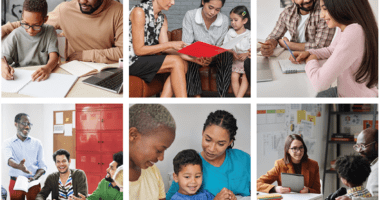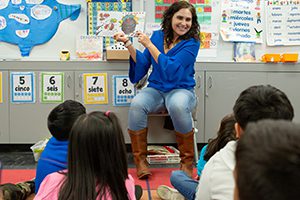Improvement — At Scale
In Huffington Post this week, I write about a book that I found really exciting — Learning to Improve: How America’s Schools Can Get Better at Getting Better.
It describes a process of improvement developed by the Carnegie Foundation for the Advancement of Teaching that borrows from business’s quality improvement work but is tailored for the world of education.
It begins with some of the basic ideas of the scientific method: hypothesize a solution to a problem, predict a result, measure the results, learn from results, revise, repeat.
This is the process I have seen over and over again in high-performing, high-poverty schools. They essentially learn their way into improvement.
The problem, however, is that there has been no systematic way in the field of education for that knowledge to jump beyond individual schools or even individual districts into larger improvements for the field.
That’s why I find what the Carnegie Foundation is doing so interesting. They seem to have found a way to take the insights, knowledge, and wisdom of individual educators and individual schools and districts and fold them into ever larger circles in ways that could help solve the big problems we face.
The work is still in its early phases, but they have a couple of nice successes under their belts (I talk about one in the Huffington Post). These are really smart people committed to improving education by aggregating the collective wisdom of educators.
This could be the start of something big.




